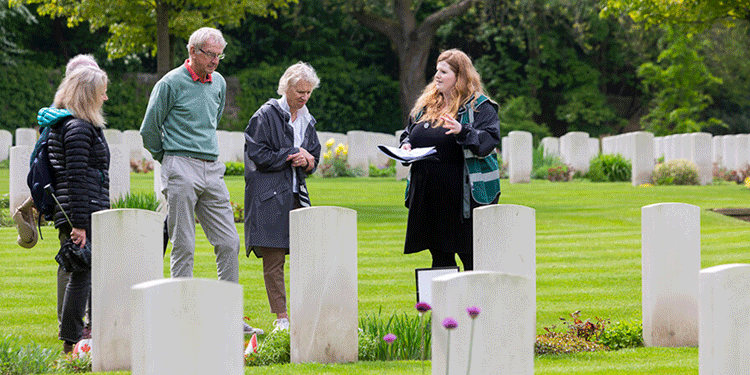
William Henry Tucker was born in 1893 at West Down, near Barnstaple, in Devonshire, the middle of three children and only son to Henry Tucker, a mason's labourer, and Sarah Jane Tucker (formerly Harris). He had two sisters: Edith (1888); and Katie (1895). By 1901 the family was living at 12 Foxbere, in Ilfracombe, Devonshire, and were living at the same address in 1911, by which time William was working as a blacksmith's apprentice. On 20 November, 1915, William married Florence Maude Darke at St. Mary Magdalene Church in Barnstaple. They were to have one son, Cyril Herbert (1916), and lived at 1 Croft Lea in Berrynarbor, Devonshire.

William Henry Tucker's service record has not survived, and what is known has been extrapolated from other sources. He enlisted as William Tucker at Newport, in Monmouthshire, and joined the Devonshire Regiment, as a private, no. 29006. The surviving documents do not list any other units other than the 9 Battalion, Devonshire Regiment. The 9th (Service) Battalion had been formed at Exeter in September, 1914, and had landed in France in July, 1915, and joined the 20th Brigade in the 7th Division. By virtue of the fact that William Tucker did not qualify for the 1914-15 Star he did not go overseas until 1916 onwards, and would have been in a draft of reinforcements. By January, 1917, the battalion was in the front line trenches at Beaumont Hamel and alternated between those and billets at Bertrancourt. At the end of the month it moved to billets Beauguesne, where, on 24 January it received a fresh draft of 175 other ranks from the Depot Battalion, and could well have included William Tucker. The battalion spent February in billets at Halloy carrying out training. In the middle of the month it moved to Beauval where it practised the battalion in the assault, before returning to Bertrancourt at the end of the month. On 1 March, 1917, the battalion moved to Mailley Maillet, and then the next day moved into brigade support at White City, from where it provided working parties until 17 March.
The battalion's war diary entry for 11 March, 1917, includes: 'Battalion in Brigade Support. Working parties found. ...... Casualties 3 killed, 6 wounded on Working Parties'. The entry for 12 March, 1917, states: 'Battalion in Brigade Support. Working parties found. Casualties 5 wounded.' It would appear that Private William Tucker was one of those 3 killed on 11 March. However, his death was officially accepted, as killed in action, on 12 March, 1917, at White City, Mailley Maillet, whilst on a working party. He was aged 24. His body must have found by the Germans, as he was initially buried at Cambrai East German Cemetery.

Post-war the graves were re-grouped and the cemetery re-designated Cambrai East Military Cemetery, where William Henry Tucker now lies, with his grave marked by a CWGC headstone. which is additionally inscribed: 'PEACE PERFECT PEACE'. He is also commemorated in the Ilfracombe war memorial, in Deveonshire.


William Henry Tucker's service earned him the British War Medal, 1914-20; and Victory Medal, 1914-19.

